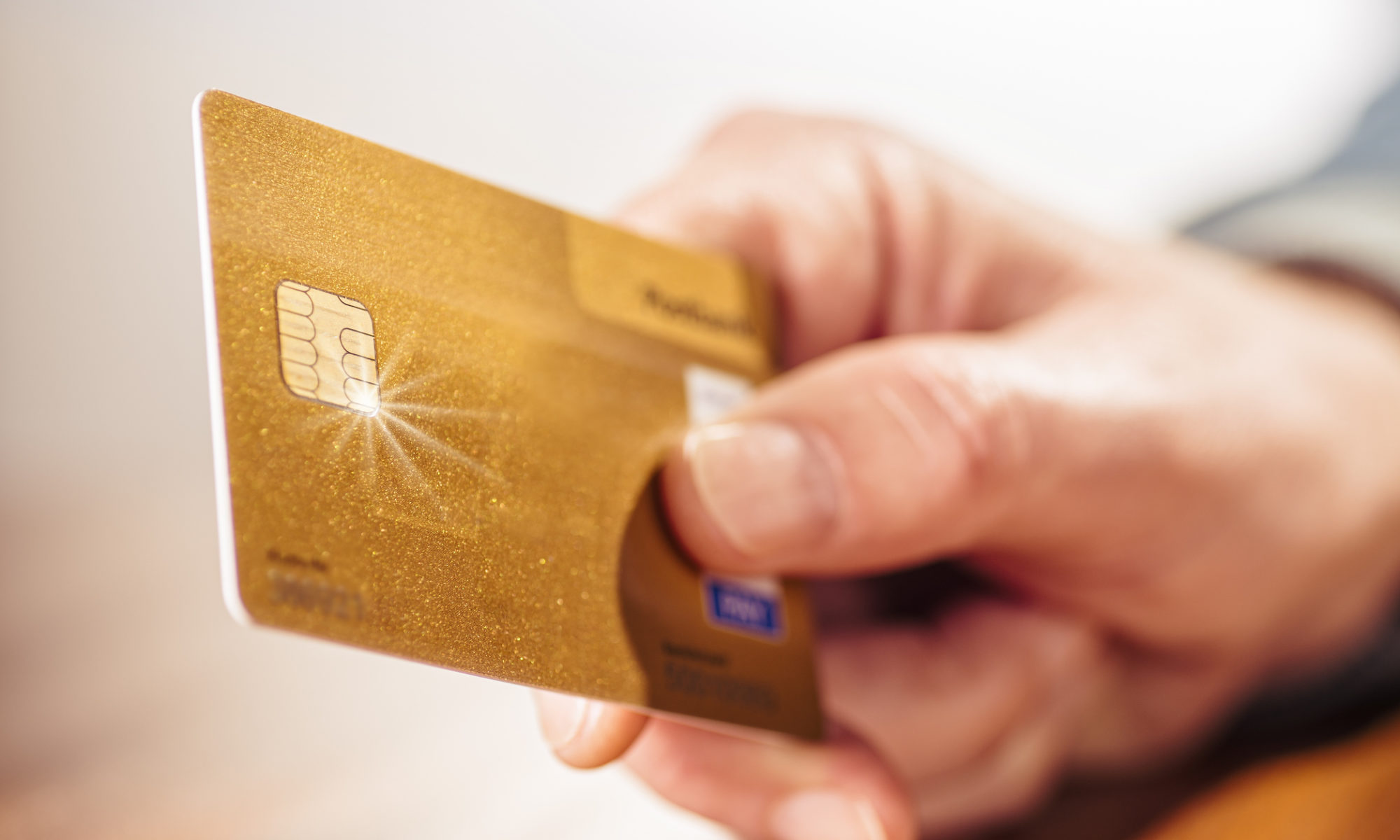It seems nearly every major credit card issuer has gone to chip-enabled cards, and for good reason. These cards have far more fraud-prevention features than others available today, and that not only protects the credit card companies that issue them but merchants as well. There are, however, two different kinds of cards available – those cards that are dubbed chip and signature cards and those called chip and PIN cards. What’s the difference between the two, and which is the best payment type for your business? Take a look.
Chip and Signature Cards
At the heart of the difference between these two kinds of cards is how customers buy merchandise. A chip and signature card means the customer inserts his or her card, then signs for the purchase. This should be a pretty familiar process, as it’s a bit like the older, magnetic cards. It’s fast, it’s convenient, and it’s a familiar process for many consumers. There is a drawback, though. Signatures can easily be forged in this system.
Chip and PIN Cards
With this type of card, a customer puts it in the chip reader, then keys in a PIN, personal identification number, to complete the transaction. This system is probably the safer of the two, and while customers are familiar with the swipe and sign, as debit cards have become more and more important across the United States to consumers, they’re more familiar than every with entering a PIN for purchase. Studies have shown that fraud losses plummet with the adoption of a chip and PIN system for all cards.
Do You Have a Choice?
Just because there are two kinds of cards available doesn’t mean you have a choice of which ones to accept. Most of today’s updated terminals read both chip and signature transactions and those that require a PIN, so you don’t have to worry about choosing between the two. In fact, few payment processors even require a different fee for one over the other. What you do need to know, now, is that there is a difference, and should an option pop up in the future, you may want to go with chip and PIN to protect your business.
Learn more about payment processing options for your business at Y2Payments.

